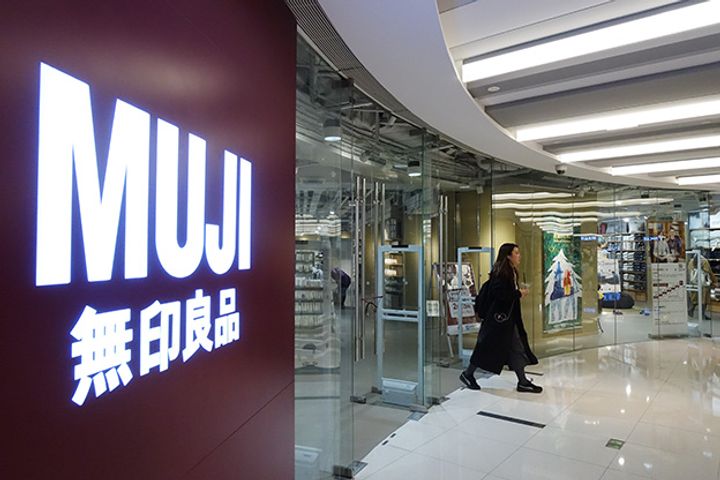 Hong Kong Consumer Council Finds Carcinogens in Japanese Cookie
Hong Kong Consumer Council Finds Carcinogens in Japanese Cookie(Yicai Global) Jan. 16 -- The Hong Kong Consumer Council has detected cancer-causing agents in a cookie produced by Japanese retailer Ryohin Keikaku and seemingly distributed across the Chinese mainland.
The consumer agency bought 58 cookie varieties in Hong Kong between August and October last year, and found some of them contained genotoxic and carcinogenic glycidol and acrylamide, state-backed Beijing Youth Daily reported. Among all non-prepackaged samples, or pre-packaged samples without nutrition labels, Muji's hazelnut oatmeal cookie sold in Malaysia contained the most of the two compounds.
Beijing Youth Daily found the same cookies are sold via Muji's China website, though it was temporarily out of stock when the reporter checked. Several offline Muji stores said the biscuits, which come in packs of 15, are still available for sale. A number of major e-commerce platforms also list them for sale, with many marked as being 'bought in Hong Kong.'
Products sold by the Hong Kong and Chinese mainland Muji stores may not be exactly the same, as the stores in each region are affiliated with different companies, a customer service worker at Muji in Shanghai told the newspaper. The staffer said he had not received any information regarding the HKCC's announcement, and the company will give a statement once it verifies whether the same product is on sale on the mainland.
Hong Kong's Codex Alimentarius Commission, which governs food standards in the special administrative region, does not define a maximum limit for the amount of glycidol or acrylamide found in food. But there are regulations for acrylamide in place and rules for glycidyl esters coming soon, said Lu Minyi, chief information officer at the Hong Kong Food and Environmental Hygiene Department.
The Food Safety Center will conduct tests on samples of foods that are not standardized in legislation, he added, saying vendors will be forced to stop selling and recover products if risk assessment results show they are not suitable for human consumption. Merchants involved could be sued, Lu said.
Editor: James Boynton